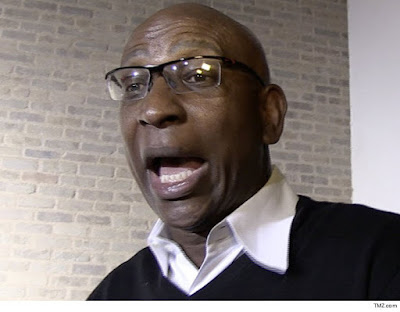 |
| Donald Trump doesn’t want a conflict of interest so he’s leaving his businesses to his children |
Donald Trump has said that he is leaving his ‘great business’ to his children so he can focus on being the nation’s 45th president.
President-elect Trump tweeted early on Wednesday that legal documents are being drafted to ‘take me completely out of business operations’, adding: ‘The presidency is a far more important task.’
Mr Trump had been criticised for exposing himself to potential conflicts of interest if he kept a role in his global business while being president.
He said he will hold a news conference with his children on the subject on December 15.
Mr Trump added: ‘While I am not mandated to do this under the law, I feel it is visually important, as president, to in no way have a conflict of interest with my various businesses.’
Meanwhile, former Goldman Sachs executive Steven Mnuchin, Mr Trump’s former campaign finance director, confirmed that the president-elect had picked him as treasury secretary and that billionaire investor Wilbur Ross has been chosen for commerce secretary.
Mr Trump is tapping conservatives with deep ties to Washington and Wall Street to fill out key Cabinet roles as he continues to deliberate over his secretary of state.
--Roluyo Hammed and Rabiu Wasiu Contributed reporting.
President-elect Trump tweeted early on Wednesday that legal documents are being drafted to ‘take me completely out of business operations’, adding: ‘The presidency is a far more important task.’
Mr Trump had been criticised for exposing himself to potential conflicts of interest if he kept a role in his global business while being president.
He said he will hold a news conference with his children on the subject on December 15.
Mr Trump added: ‘While I am not mandated to do this under the law, I feel it is visually important, as president, to in no way have a conflict of interest with my various businesses.’
Meanwhile, former Goldman Sachs executive Steven Mnuchin, Mr Trump’s former campaign finance director, confirmed that the president-elect had picked him as treasury secretary and that billionaire investor Wilbur Ross has been chosen for commerce secretary.
Mr Trump is tapping conservatives with deep ties to Washington and Wall Street to fill out key Cabinet roles as he continues to deliberate over his secretary of state.
--Roluyo Hammed and Rabiu Wasiu Contributed reporting.




























